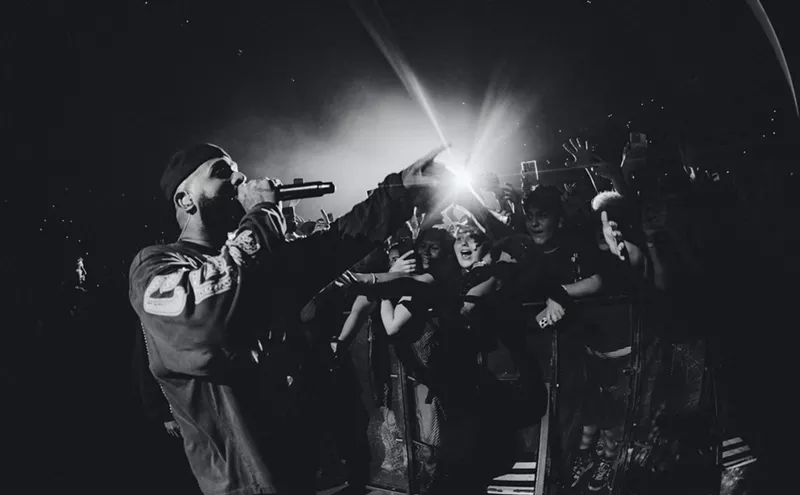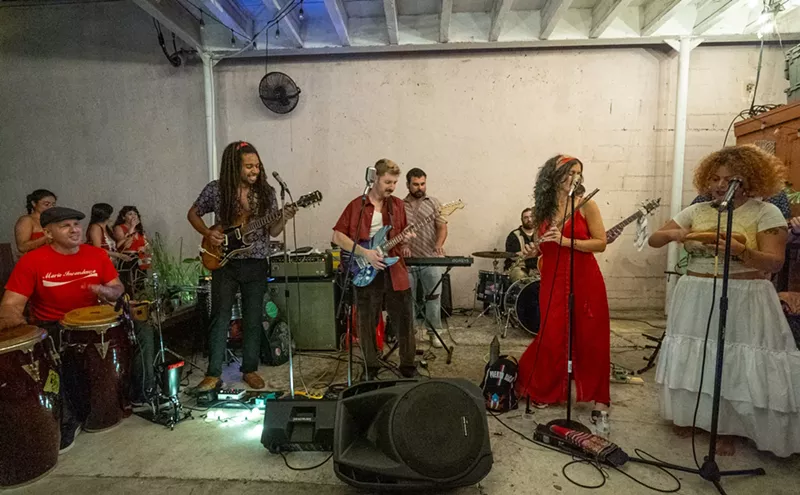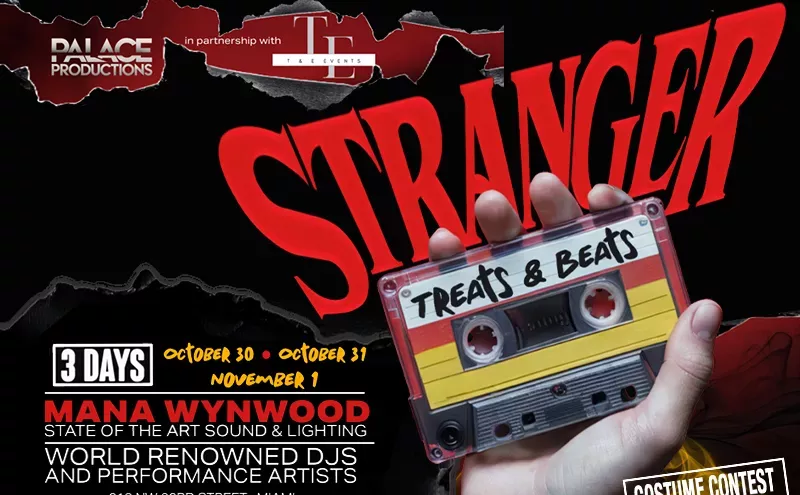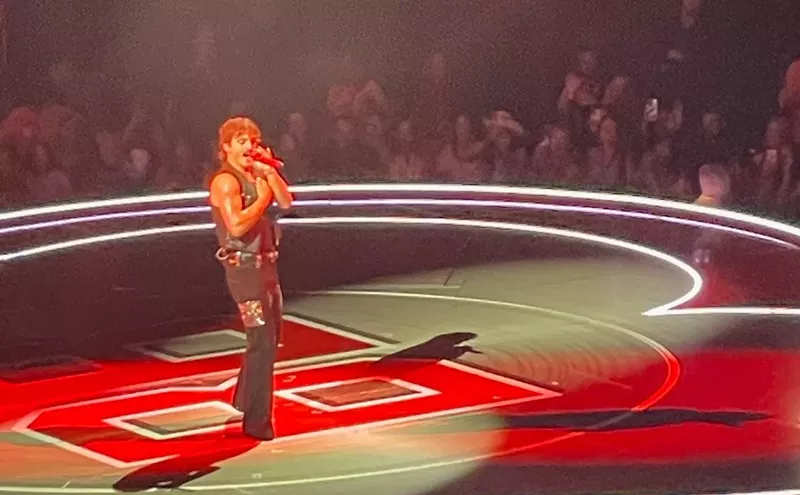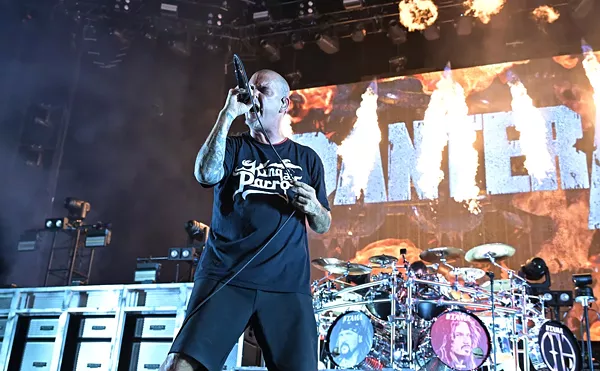The title of the new disc, Garcia says, refers both to the influences on his own protean output (from Bob Dylan to Prince) and to the influence he's had on others (pretty much everybody in South America). Over the past 30 years, Garcia has ranged from folky protest songs to the most frivolous pop, stopping at all musical points in between. What keeps him going? "Inspiration, curiosity, and the fact that each time I play better," says the guitarist. "The music still seduces me."
Although the Argentine festival where Garcia will perform attracts primarily compatriots, he still wonders how other Miami denizens might receive him. "I don't see myself as a Luis Miguel-type," he says, giving a frightening glimpse of how the Miami Sound must be heard from the Rio Plata: "My style is more like Prince -- my audience belongs to me. It's private. I demand things from them. But most of all, I motivate the kids to try new things. I think that's because I've never grown up myself."
His persona has certainly motivated Argentines growing up in the United States. Alejo Rozas, bass player for local outfit Tereso, remembers the excitement when Garcia showed up at the much-missed South Beach live music venue Rose's four years ago and sat down for an unscheduled session. As musicians in the crowd recognized the rock icon strumming solo on guitar, they made their way to the stage to form a pick-up band. Rozas helped out on drums, pounding the beat Garcia ordered. Later that week Tereso would open for Garcia on a bill with Argentine hardcore institution Ratas Paranoicas (Paranoid Rats) at the Grill on Key Biscayne, but the long-haired rockero remembers the spontaneous session at Rose's more fondly. "That kind of thing would never happen in Argentina," Rozas marvels. "There he can't even walk down the street."
In part, that's because Garcia delights in scandal: making theatrical visits to rehab; releasing sexy photos of hetero men kissing; dyeing his hair blond in his middle age. "I once jumped out of a ninth-floor window into a pool," he brags. His antics onstage enlivened what was once a rather overserious Argentine performance style. "There was a time when nobody danced onstage," he recalls, "and everyone said I was crazy." He's a little sorry his madness caught on. "Later everyone started doing it; maybe they do it too much now."
His high jinks have not kept Garcia from being honored. Last week he was awarded Argentina's most prestigious music prize, El Premio Carlos Gardel. "I was surprised they gave it to me," says Garcia, bemused. "I've always been a rebel."
But if Argentine idols are sometimes more accessible to fans in the United States, they also are often more revered as representatives of the land left behind. For Alejo Rozas and his brother, Tereso frontman/guitarist Juan Rozas, who came to the States as teenagers, rock is as much a symbol of the homeland as rumba is for Cubans or vallenato for Colombians. Since the U.S. and Argentina each have a history of rock, thrashing on guitar is a way for Argentine expats to be both here and there at the same time. With a ten-year history in Miami and a new CD currently in the works with producer Rafols Morales, Tereso belongs in a lineup alongside well-known acts still living along the Rio Plata at the Argentine Festival. "Since all these groups are coming from Argentina," says Alejo Rozas, "it's important that people also see what is happening here."



